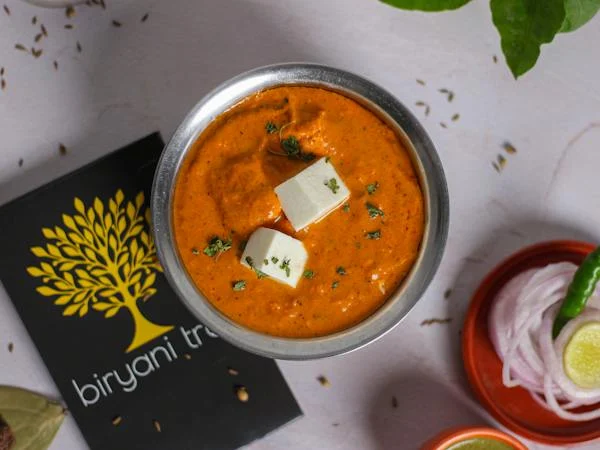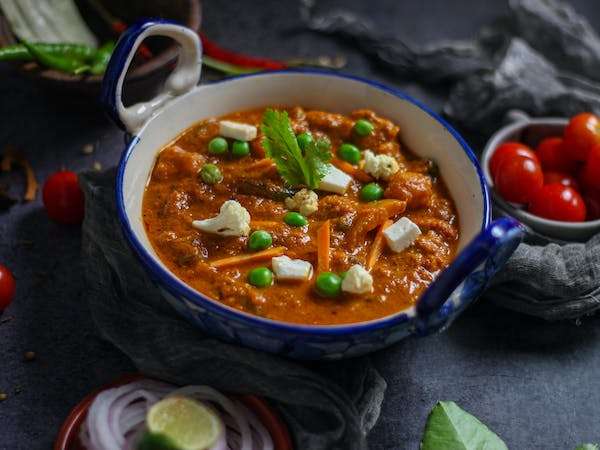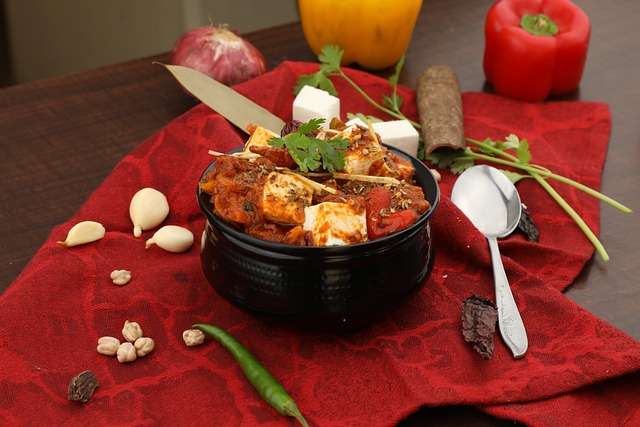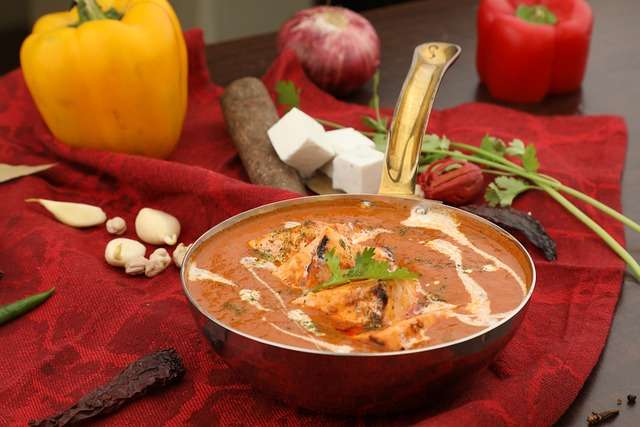Introduction:
Fresh, unpasteurized cheese known as paneer having nutrition facts of paneer is frequently used in Indian cooking. Indian cottage cheese is yet another name for it. Cheese is a versatile dairy food adored for its soft, tangy texture and mild, creamy flavor.
In both savory and sweet recipes, it is a crucial component of many Indian dishes. The milk is heated to just below boiling point to start the process. The heated milk is then mixed with vinegar or lemon juice, which causes it to curdle.

This is the freezing process. The milk separates into a solid curd and a watery whey as it curdles. The curd is retained after the whey is taken out. To eliminate extra whey, the curd is gathered, put on a muslin cloth, and strained.
The cheese is then formed into a block or slab by pressing the bundle of linen under a heavy weight.
Nutrition Facts of Paneer:
Like many dairy products, cheese has a range of macro- and micronutrients. The macronutrients and micronutrients included in cheese due to the nutrition facts of paneer are listed below:

Protein
Protein Cheese is an excellent option for vegans and people trying to up their protein consumption because it is a rich source of protein.
Per 100 grams, it has 11–14 grams of protein. For muscle growth and repair as well as general bodily function, protein is crucial.
Fat
Cheese has about 20 to 25 grams of fat per 100 grams, making it another food that has a high fat content.
The cheese has a thick and creamy texture because of the fat content. Both saturated and unsaturated fats are present in cheese.
Carbohydrates
The average amount of carbohydrates in 100 grams of cheese is 2-4 grams. This qualifies it as a viable low-carb choice.

Calcium
With 200–350 mg of calcium per 100 grams, cheese is a fantastic source of this mineral. Strong bones and teeth, healthy muscles, and effective nerve signaling all depend on calcium.
Phosphorus
It also includes phosphorus, a crucial mineral that interacts with calcium to maintain the health of bones. 100–150 mg of phosphorus is normally present in cheese per 100 grams.
Vitamin D
Cheese has very little vitamin D, yet it is crucial for calcium absorption. Depending on variables such as the caliber of the milk used in its manufacture, the precise amount of vitamin D can change.
Vitamin B12
This nutrient is crucial for supporting DNA production and healthy nerve cells. Various amounts of vitamin B12 are present in cheese.
Additional Nutrients
Cheese may also include traces of additional vitamins and minerals, including magnesium, zinc, vitamin A, and vitamin K.
Health Benefits of Paneer:
When consumed in moderation as a part of a healthy diet, paneer, or Indian cottage cheese, has many health advantages and nutrition facts of paneer. Here are five advantages of cheese for health:
-
Source of high-quality protein
Cheese is a significant addition to vegetarian diets since it is a fantastic source of high-quality protein. Protein is crucial for immune system support, general growth and development, and muscle maintenance and repair.
-
High in calcium
Cheese is a food that is high in calcium, which is necessary for the upkeep of healthy bones and teeth. A sufficient calcium intake can lower the incidence of fractures and help prevent osteoporosis.
-
Good Source of Vitamin B12
Cheese is a good source of vitamin B12, which is typically found in meals derived from animals. Red blood cell synthesis, neurological functioning, and sustaining a healthy metabolism all depend on vitamin B12.
-
Supports weight management
Cheese, a high-protein, low-carb item, can assist to encourage satiety and lower calorie consumption in general. You can reduce your hunger and lose weight by including cheese in your diet.
-
Provides Conjugated Linoleic Acid (CLA):
Cheese includes conjugated linoleic acid (CLA), a type of healthy fat that has a number of positive health effects. CLA might have anti-inflammatory effects, improve weight loss, and help reduce body fat.
How to incorporate paneer in your diet:
Cheese can be both delicious and healthy to include in your diet. The following are various ways to include cheese in your diet:

1. Dishes with cheese
• Paneer Tikka: To make a tasty appetizer or side dish, marinate paneer cubes in yogurt and spices. Then, grill or bake the mixture.
• Paneer Butter Masala: This traditional North Indian meal calls for cooking paneer cubes in a tomato-based sauce with butter and cream.
• Spinach Paneer: For a filling and healthy stew, combine paneer with a creamy spinach gravy.
2. Salad
To add more protein and a creamy texture to your salad, add cubed or grated cheese. Fresh veggies and lush greens go nicely with it.
3. Sandwiches and wraps
Grilled or grilled cheese slices can be added to sandwiches and wraps. For added taste, combine it with vegetables, chutney, and spices.
4. Stir-Fries
To add more protein to vegetable stir-fries, add cheese. Cheese’s brittle texture complements stir-fry recipes wonderfully.
5. Soup
To increase the soup’s smoothness and protein, add tiny cheese cubes or shredded cheese. It can be a wonderful addition to soups with tomato or lentil base.
FAQs:
1. Can a vegetarian eat cheese?
Paneer is a dairy-based vegetarian cheese that is a well-liked source of protein for vegetarian diets.
2. How much protein is in cheese?
With 11–14 grams of protein per 100 grams, cheese is indeed a protein-rich food.
3. Can lactose intolerant individuals consume cheese?
Tolerance levels vary from person to person, however, cheese contains less lactose than milk, making it more bearable for certain lactose-intolerant people.
4. How should cheese be kept to keep it fresh?
To keep the cheese fresh, place it in an airtight refrigerator container. Use it as soon as possible.
5. Can cheese be stored for a long time by freezing?
Cheese can be stored to increase its shelf life, although thawing it may cause a little change in texture.
Conclusion:
Last but not least, paneer, or Indian cottage cheese, is a versatile and healthy dairy product with numerous health advantages and nutrition facts of paneer.
It is an important component of vegetarian diets since it is a rich source of high-quality protein, calcium, and vitamin B12. People can enjoy paneer’s creamy texture and mild flavor in a range of cuisines, from savory curries to sweet sweets.
However, if you’re watching your calorie and saturated fat intake, cheese should be consumed in moderation. Cheese can be a delicious and healthy addition to a balanced diet when handled properly.
